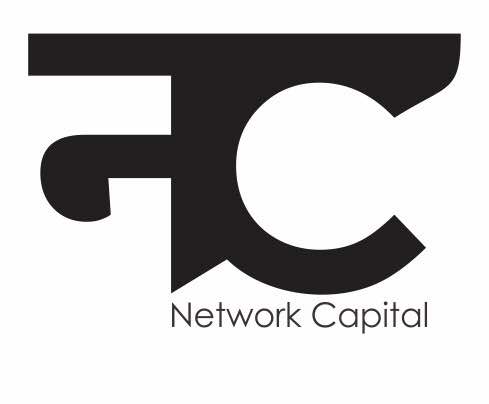Network Capital School
We help students build their category of one




Taught by the BEST
Dr. Anamika
Suhani Jalota
Mohini Gupta
Onaiza Dabru
Twishmay Shankar
Utkarsh Amitabh
Rumaitha Al Busaidi
Network Capital School: Category of One
Frequently asked questions
Who will teach in Network Capital School?
Our faculty has studied at Oxford, Harvard, INSEAD, Wharton, Kellogg, LBS, Stanford, Cambridge, Columbia, MIT, among others. They have worked at Google, Microsoft, Facebook, McKinsey, Teach for America etc. Students will hear from top 0.1% of professionals around the world. If you wish to explore further, take a look at our masterclasses and podcasts. Pick any session. By the time you finish, you would have learned something interesting.
What will be timings for the classes?
The Network Capital School is truly global and digital. To accommodate for the diverse timezones, we offer classes on weekends at around 7pm IST.
We will be onboarding new students on the first Saturday of every month. The next batch starts from July 10, 2021.
We will be onboarding new students on the first Saturday of every month. The next batch starts from July 10, 2021.
How can I apply for financial aid?
The Ghida Ibrahim Endowment Fund will provide scholarships to any child who can’t afford the Network Capital Summer School. For guidance on financial aid, please write to varya@networkcapital.tv
We also have a sibling discount. Please write to varya@networkcapital.tv for details.
We also have a sibling discount. Please write to varya@networkcapital.tv for details.
Who can I contact for more details?
You can write to varya@networkcapital.tv

